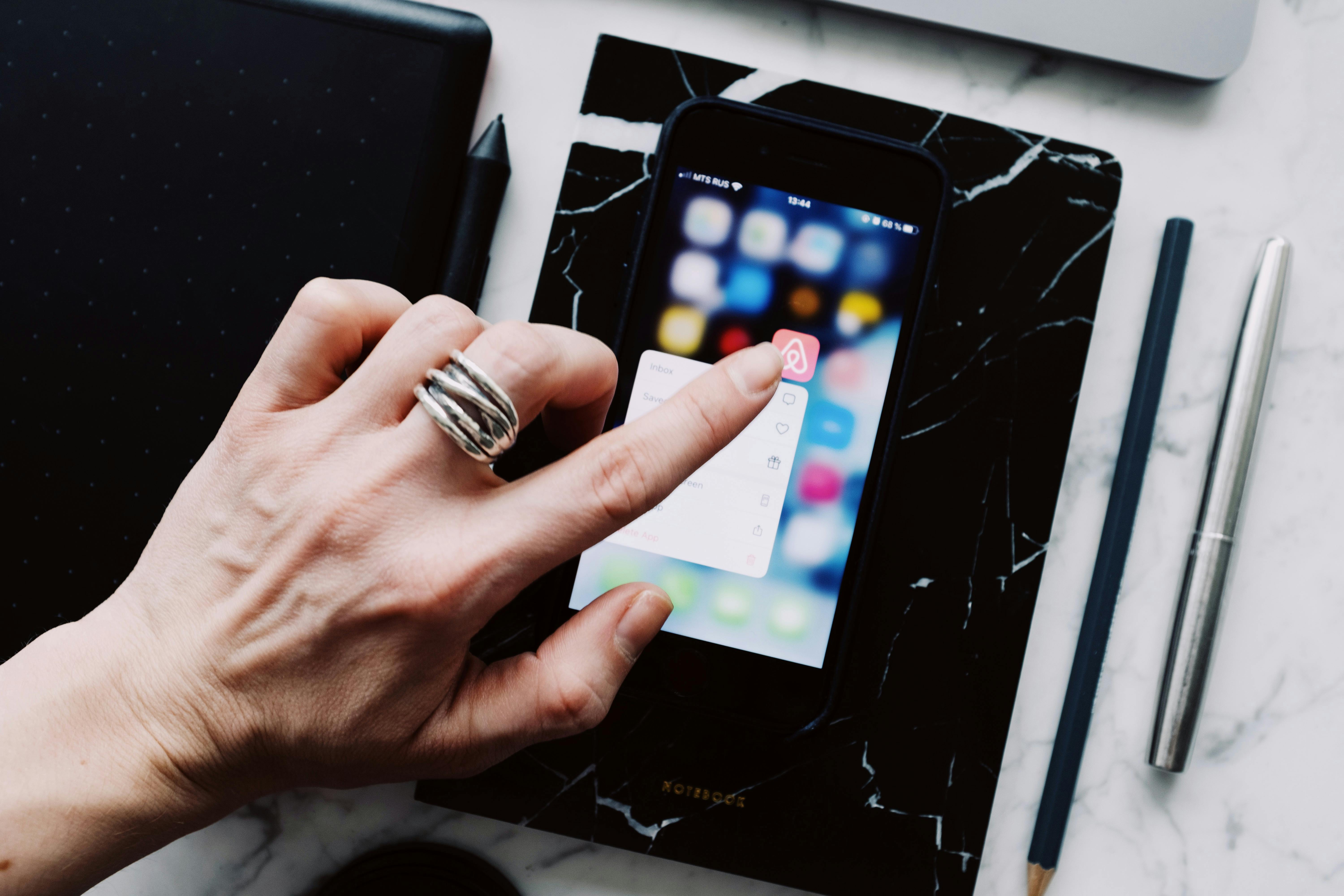
Capitalism under attack: petrodollars, petroeuros and the Iranian oil market
admin
- 0
“This notion that the United States is preparing to attack Iran is just ridiculous. […]. That being said, all options are on the table.” (President George W. Bush, February 2005)
Who would have thought?
Forget the Prophet Muhammad, Islam, the Koran, President Ahmadinejad and his nuclear program, Islamofascism and all the umpah-pah. Mullahs don’t like American dollars anymore. As reported by Reuters UK ([http://rtv.rtrlondon.co.uk/2006-12-18/3e56a070.html]) Iran announced that it has directed its central bank to begin using euros for transactions abroad and to transform the nation’s dollar-denominated assets abroad into the single European currency. “The government has ordered the Central Bank to substitute the dollar for the euro to limit the problems of the executive bodies in commercial transactions,” government spokesman Gholam Hossein Elham told reporters.
Coming from OPEC’s fourth largest oil producer, this is a move that will undoubtedly have profound economic repercussions and serious political consequences around the world. It would certainly seem that instead of ‘wiping Israel’ off the face of the planet, Iran is setting the pace to end US capitalism and its influence everywhere. To understand the implications of such a move for financial affairs, one must first return to the importance of money in our economic systems and the effects that the ravages of inflation have on it.
Money is one of man’s most amazing inventions. Imagine the difficulty of our daily life without those metal coins and colored papers. To make any type of transaction, from buying groceries to buying real estate, you would have to find someone who has what you want and wants what you have, and then the two of you could barter. In a world with thousands of products, one would spend most of their time searching for business partners and spending very little time earning revenue. The alternative to not having to look for business partners would be for each and every one of us to do a little of everything ourselves.
But with money on the scene, everything becomes more direct, simple and less time consuming, and we can all increase our productivity through specialization, that is, doing what we do best and then trading with our partners. As a direct and proximate consequence of our increased productivity, each of us can become richer. It is easy to lose sight of the very basic economic point that we all owe much of our high standard of living to the existence of money, its possession, and the purchasing power that derives from it.
But there’s a catch: money works best when its value is stable over time. And this is nowhere more true than in international trade.
In economic terms, the power of the US dollar and its influence on economic and financial affairs around the world was born during the United Nations Monetary and Financial Conference held in Bretton Wood, New Hampshire in July 1944. The Conference was attended by the delegates from the 45 allied countries. nations directly and indirectly involved in the fight against the Axis powers: Nazi Germany, Imperial Japan and Fascist Italy, and their socio-economic doctrines. As a result of the Bretton Woods Conference, an exchange rate system between different currencies was established, anchored in the US dollar, which became gold, the common denominator and measure of wealth throughout the world. Thus, the US dollar became de facto the world’s reserve currency, accepted and traded everywhere. This system remained in place until the early 1970s and allowed countries to accumulate reserves in US dollars, as opposed to gold.
When in 1970-1971 an economically resurgent Western Europe began to demand payment of its US dollars, when it became clear that the US government did not have enough gold reserves to buy back all those dollars, the US Treasury under administration Rather than stop paying his payment, Nixon’s administration ‘unpinned’ the greenback, that is, he cut the link between the dollar and gold. However, to avoid an international collapse of the US currency in world markets, the US treasury had to substitute gold for another valuable commodity to entice foreign countries to keep their foreign exchange reserves in dollars and continue accepting US currency.
Thus, in 1972-1973 an ironclad deal was made with Saudi Arabia to support the power of the House of Saud in exchange for accepting only US dollars for their oil. The rest of OPEC would follow suit and would also accept only US dollars. Because the world had to buy oil from Arab oil-producing countries, it was now right to have dollars as payment for oil. With the world needing ever-increasing amounts of oil at ever-increasing oil prices, the world’s demand for dollars could only increase. Although dollars could no longer be exchanged for gold, they could now be exchanged for oil. The Petrodollar was born.
In the year 2000, the first man who actually started demanding euros for his oil was none other than Iraq’s Saddam Hussein, and we all know what happened to him. To be more specific, in fact, Saddam Hussein Abd al-Majid al-Tikriti (1937-2006), the former president of Iraq, made two strategic mistakes, the second of which would ultimately literally cost him his neck.
First, on August 2, 1990, it invaded Kuwait, a country very friendly to both the United Kingdom and the United States, and which holds approximately ten percent of the world’s oil reserves. Saddam also became a real threat to Saudi Arabia. By invading Kuwait and threatening Saudi Arabia, Saddam violated the Carter Doctrine put forth by President Jimmy Carter in 1980, which states that “[…] An attempt by any external force to gain control of the Persian Gulf region will be considered an assault on the vital interests of the United States of America, and such assault will be repelled by any means necessary, including military force.” The Carter Doctrine was later confirmed by President George HW Bush in 1989 with National Security Directive 26, which states that “Access to Persian Gulf oil and the security of key friendly states in the area are vital to the US national security […].” The Gulf War occurred in January 1991.
Saddam’s second mistake was to start demanding payment for his oil in euros. At first his demand was met with derision, then with negligence, but as it became clearer that he was serious, the need arose to make an example of anyone demanding payment in currencies other than the US dollar. Punishment came with the worsening geopolitical situation after the 9/11 attacks on the Twin Towers and increased awareness and concern about Saddam’s weapons of mass destruction, which he had used extensively against the Kurds and his own citizens. President Bush’s intervention in Iraq followed, which brought about the fall of the Iraqi dictator.
Contemporary warfare has traditionally involved underlying conflicts related to economics and resources. Today, these interlocking conflicts also involve international currencies and thus add to the complexity. Current geopolitical tensions between the United States and Iran extend beyond publicly stated concerns regarding Iran’s nuclear intentions, and likely include a proposed Iranian “petroeuro” system for oil trading: the Iran Oil Exchange. (‘Bourse’ is the French word for Stock Exchange). The proposed Iran Oil Exchange means that without some form of US intervention, the euro will establish a firm foothold in the international oil trade.
This is so, because Europeans would no longer have to buy and hold dollars to ensure their payment for oil, but would instead pay with their own currency. The adoption of the euro for oil transactions would give the European currency a reserve status that would benefit Europeans at the expense of Americans. Given US foreign debt levels and trade deficit, Tehran’s target constitutes a clear usurpation of the dollar’s supremacy in the crucial international oil markets, and the US can hardly afford that to happen. It is really a case of lethal economic terrorism and financial warfare, a matter of life and death.
And speaking of economic terrorism and financial warfare, it is very interesting and worth mentioning the link between oil and euros on the one hand and Iran’s nuclear program on the other hand that Gholam Hossein Elham has made during the aforementioned announcement. He has stated: “Them (the westerners) they must end their hostilities towards our nation and they must also be aware that we are capable of achieving nuclear technology through very transparent and legal methods, something they must respect. They must not waste time venting hostility against this nation, otherwise they will be hurt, more than we are.”
If Iran continues with the intention of charging euros for its oil, the next Iranian Stock Exchange will introduce the currency hedge of Petroeuros in direct competition with traditional Petrodollars. More than that, in political terms, it will pit the United States, Israel and Sunni Islam against Iran, Syria and Shia Islam and will fundamentally create new dynamics and competition in the world’s largest markets: those of global oil and gas trade. One of the Fed’s nightmares could well begin to unfold if it looks like international buyers will have the option of buying a barrel of oil for $60 on NYMEX and IPE, or buying a barrel of oil for €45-€50 through of the Iranian Stock Exchange. In essence, the United States would no longer be able to effortlessly expand its debt financing by issuing US Treasury bills, and international demand and liquidity for the US dollar would decline. This is a very good reason to go to war.
Welcome to 2007.

